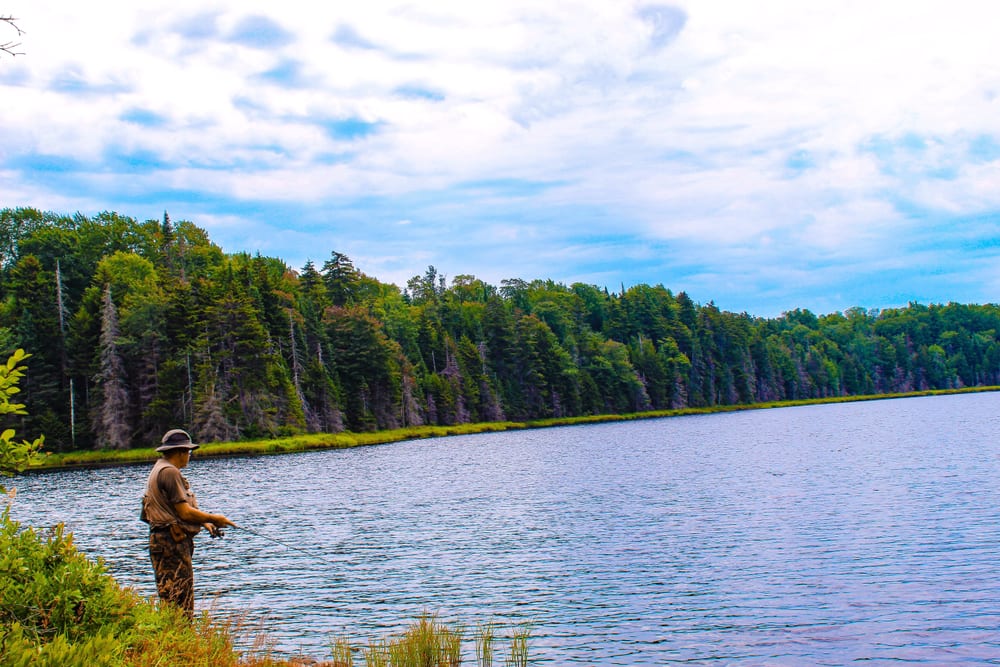
Camping is a fantastic way to connect with nature, unwind, and escape the hustle and bustle of everyday life. Whether you’re a seasoned outdoors enthusiast or a novice looking to embark on your first camping adventure, safety should always be a top priority. The great outdoors can be unpredictable, and it’s essential to be prepared to ensure a safe and enjoyable experience. In this blog post, we will explore a comprehensive guide to staying safe while camping.
Selecting the right campsite is the first crucial step in ensuring your safety while camping. Here are some tips for choosing a safe campsite:
-Research the area using online resources, guidebooks, and local regulations to obtain crucial information about your campsite and local amenities.
-Avoid flood prone areas! Campsites on the water can be beautiful but can lead to high water levels in instances of heavy rain. Choose a well elevated campsite to minimize risk of flood damage.
-Check the weather! Be prepared for changing conditions and keep on eye on the forecast to remain at-the-ready!
Your camping checklist should always include essential safety gear. These items can make a significant difference in various situations:
-First Aid Kit: A well-stocked first aid kit can help you treat minor injuries and alleviate discomfort until you can get professional medical help.
-Navigation Tools: Always carry a map, compass, or GPS device to help you find your way in unfamiliar terrain.
-Fire-starting Equipment: Matches, lighters, or fire-starting kits are crucial for warmth, cooking, and signaling for help.
-Emergency Communication: A fully charged cell phone, two-way radios, or an emergency locator beacon can be lifesavers in case of emergencies.
-Proper Clothing: Dress in layers and bring clothing suitable for the expected weather conditions. Don’t forget rain gear and extra warm clothing for cooler nights.
Proper food handling is essential for preventing foodborne illnesses and encounters with wildlife:
-Store Food Securely: Keep your food in sealed containers and store it away from your sleeping area. Use bear-resistant canisters or hang food in a bear bag if you’re in bear country.
-Pack Up Trash: Leave no trace and pack up all your trash, including food scraps and wrappers.
-Practice Good Hygiene: Wash your hands and cooking utensils with biodegradable soap and water away from water sources.
Camping is an excellent way to reconnect with nature and unwind from the stresses of everyday life, but safety should always be a top priority. By choosing the right campsite, packing essential safety gear, practicing campfire safety, handling food properly, and respecting wildlife, you can ensure a safe and enjoyable camping experience. Remember, a little preparation and vigilance can go a long way in keeping you and your fellow campers safe in the great outdoors. So, go out and explore nature, but do so responsibly, with safety at the forefront of your mind.
